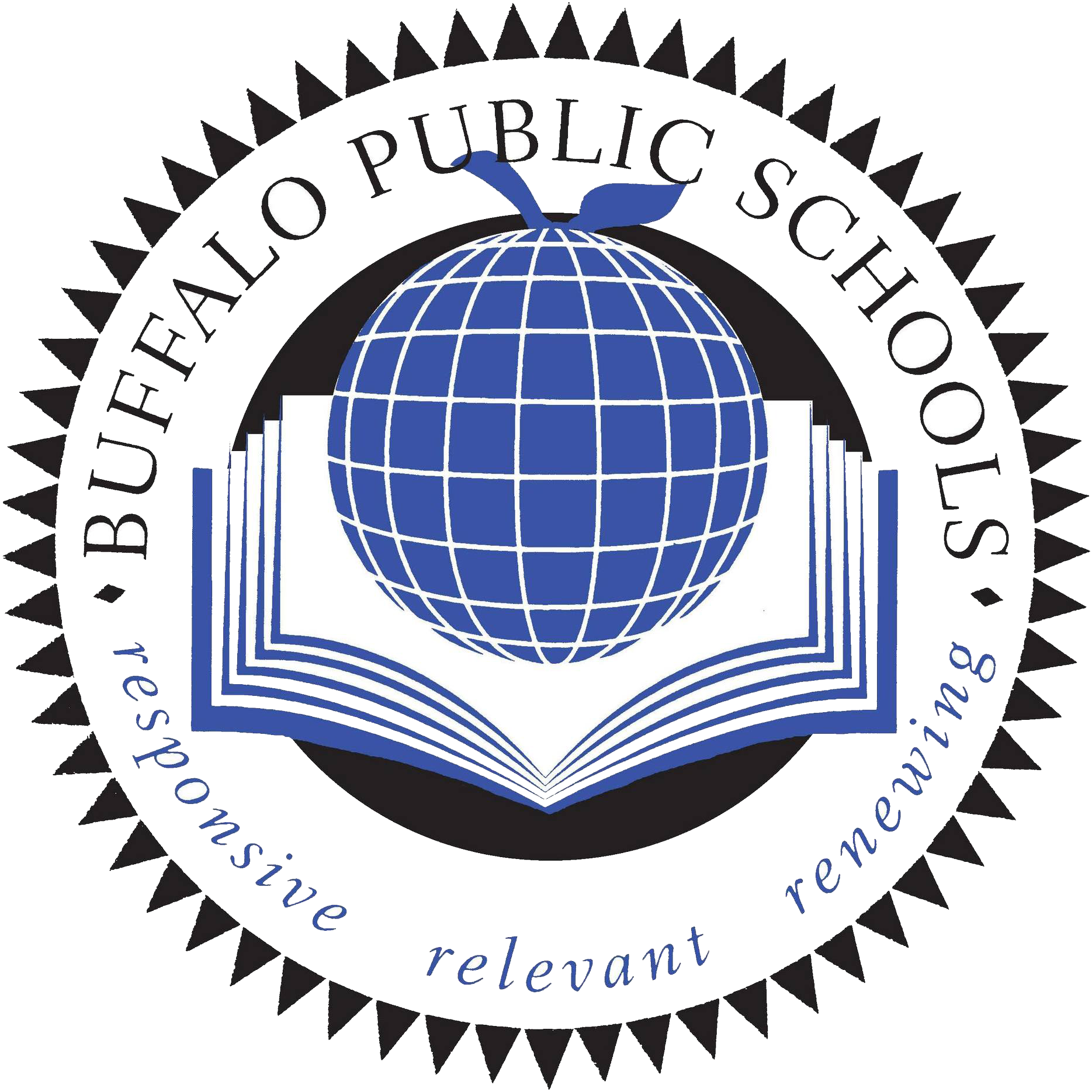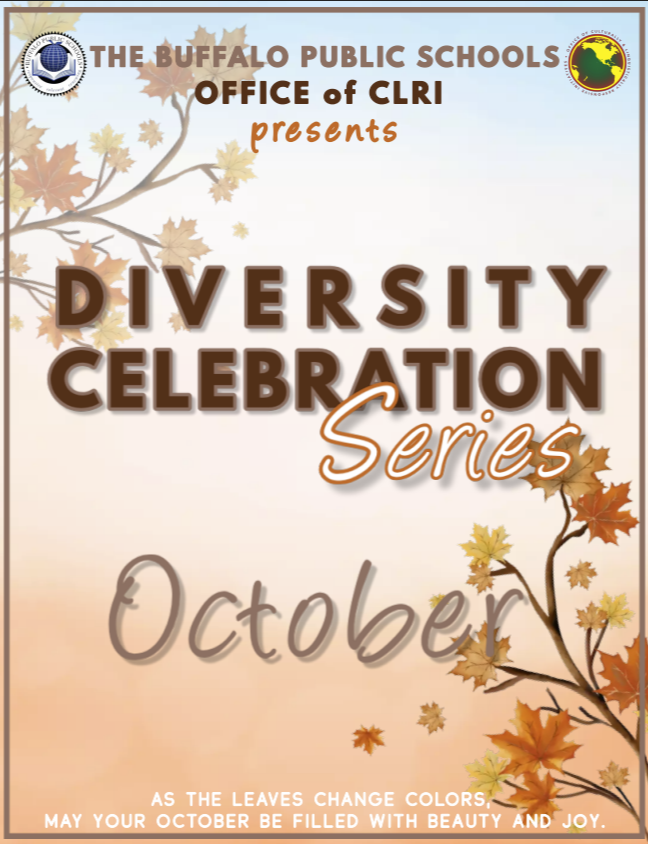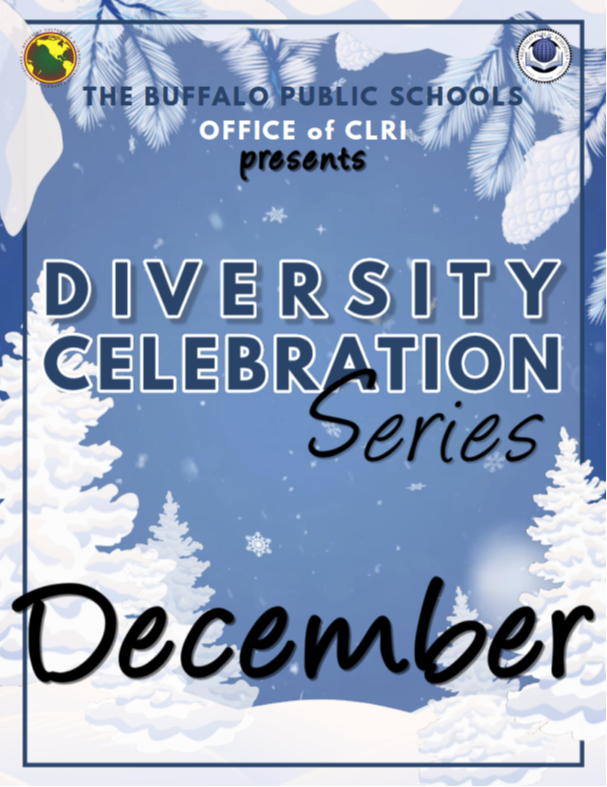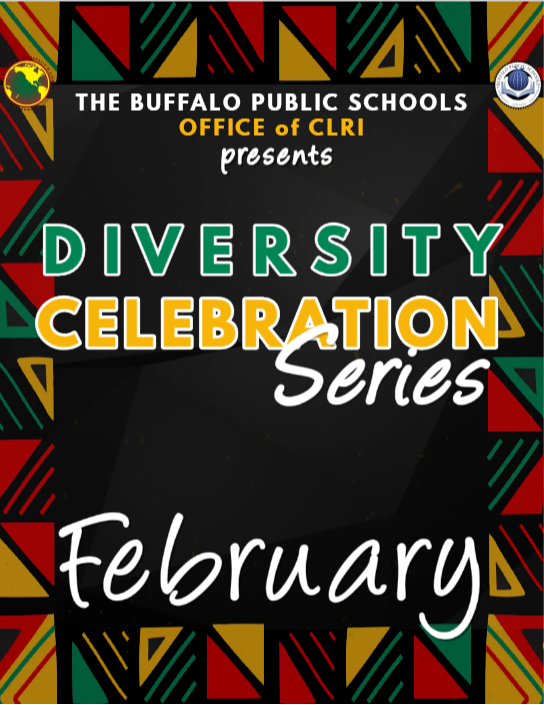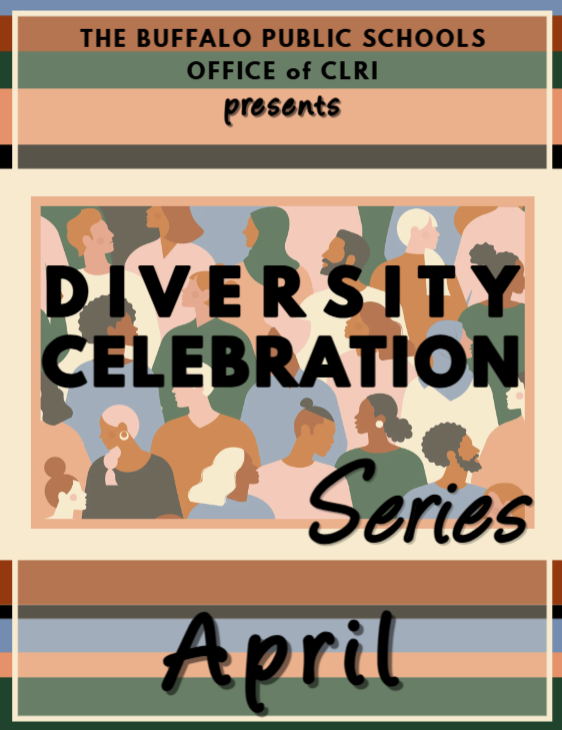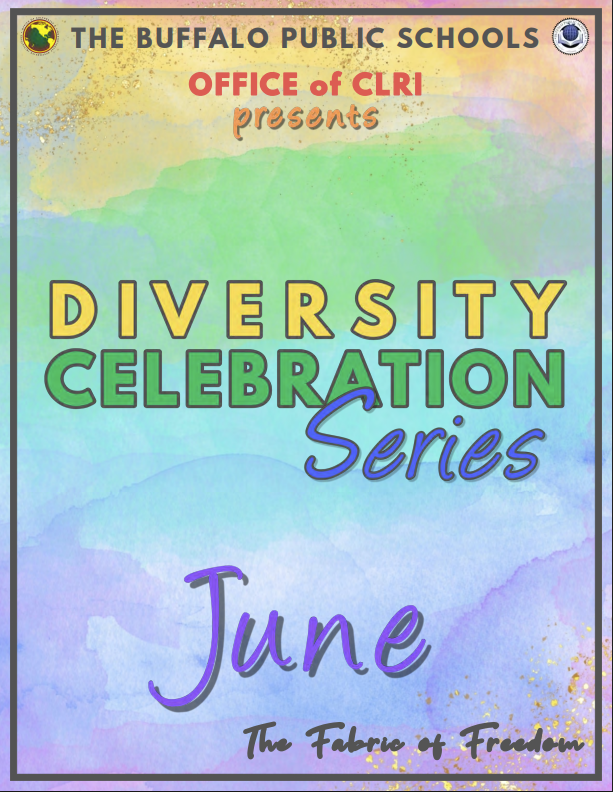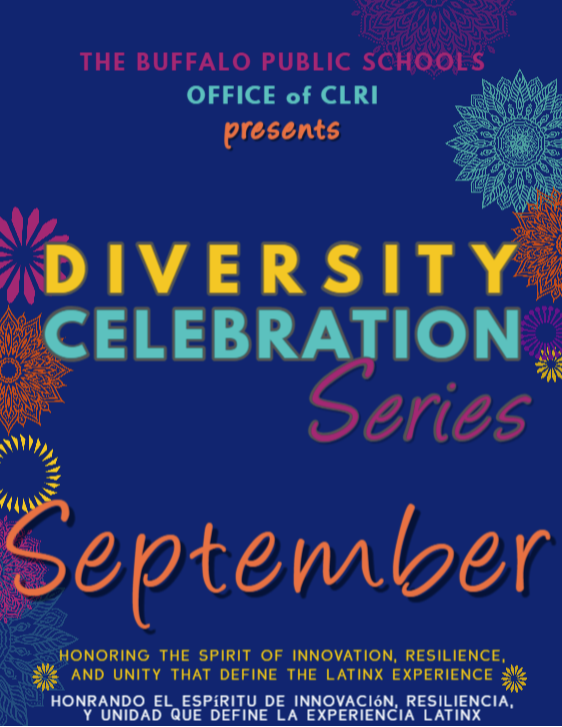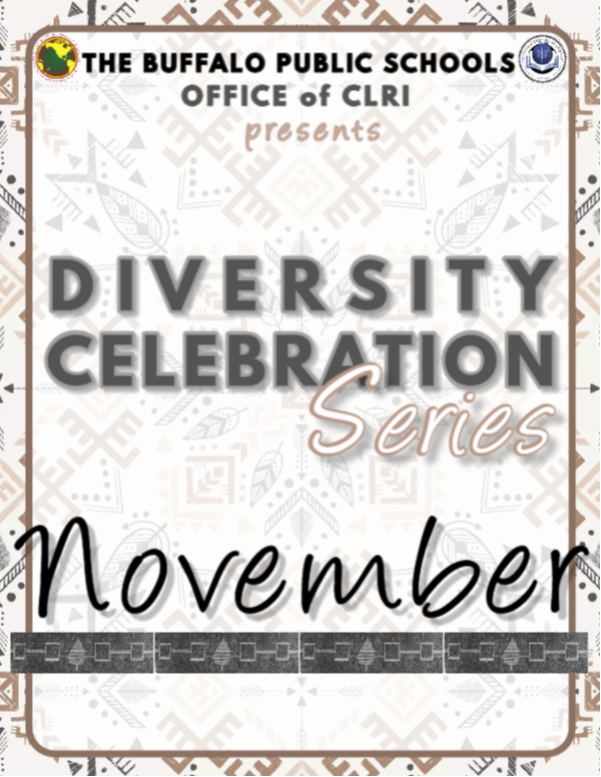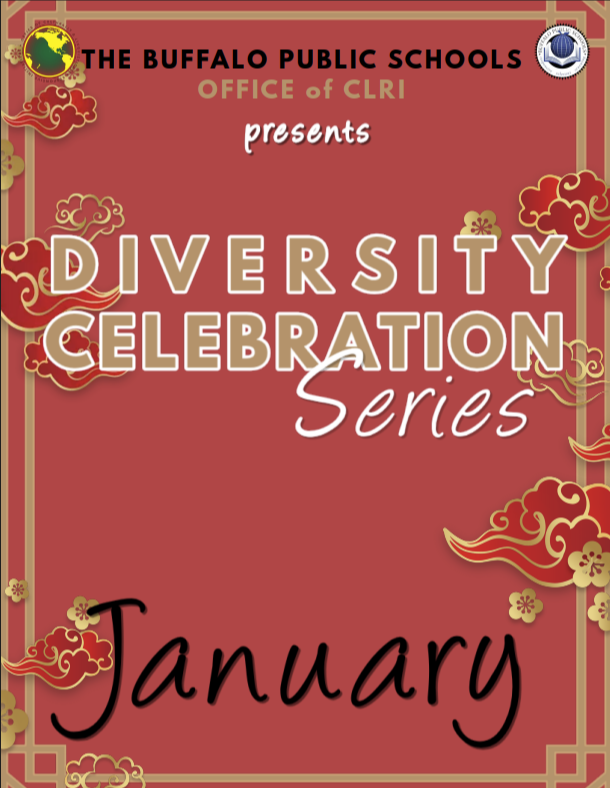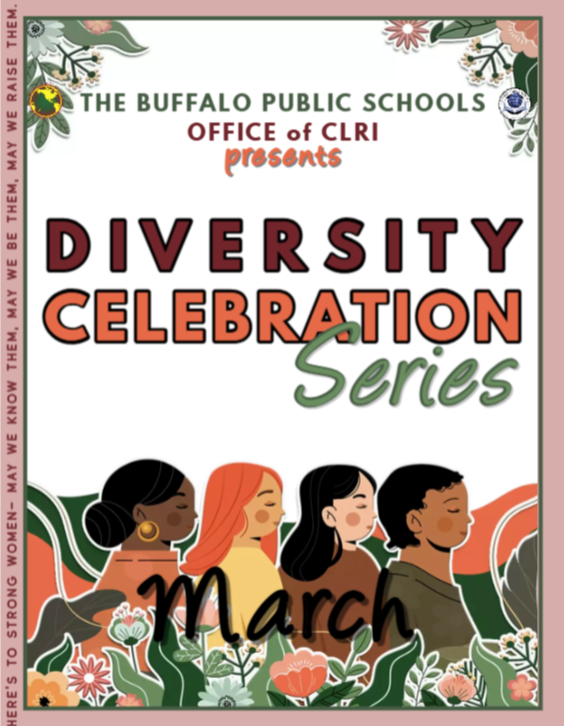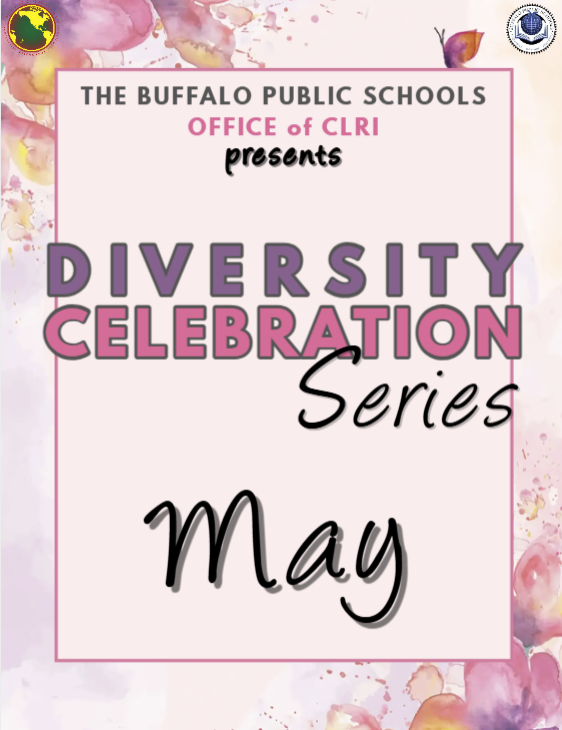CLRI Curricula
The purpose of the CLRI Curricula is to share the value and best practices of culturally and linguistically responsive practices in order to support and respond to the growing needs of our diverse student population. The main components of the CLRI curriculum include the Emancipation Lessons, Rising Voices Text Library, 1619 Project, Brownies Literature, Puerto Rican History and Culture Course Curriculum, and National Heritage Lesson Packets. The curriculum provides supports, resources, exemplars, and a framework for stakeholders to receive lifelong meaningful learning experiences that inform, train, and support systemic culturally and linguistically responsive practices.
The Diversity Celebration Series below are from the current school year.
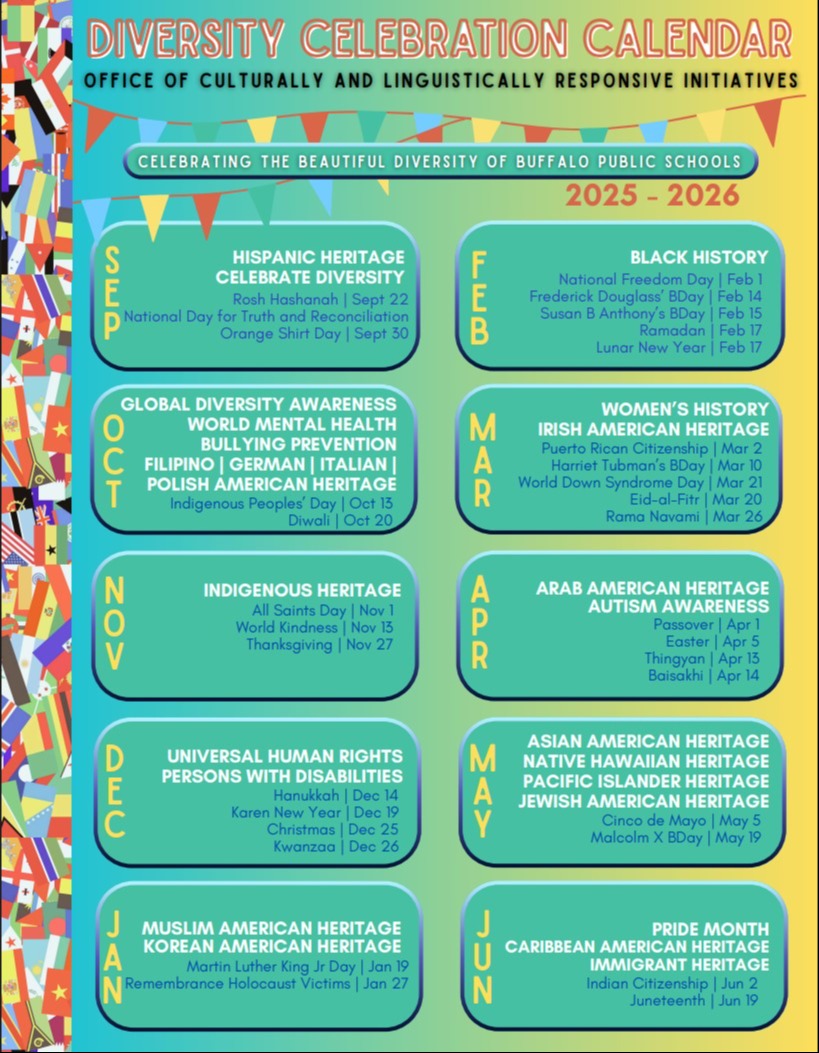
"Participating in culturally relevant teaching essentially means that teachers create a bridge between students' home and school lives, while still meeting the expectations of the district and state curricular requirements. Culturally relevant teaching utilizes the backgrounds, knowledge, and experiences of the students to inform the teacher's lessons and methodology.
Gloria Ladson-Billings
2009
"Whatever the environment, school leaders play an important role in developing the kinds of relationships that foster academic rigor. One model that I developed--reality pedagogy--supports this work. It recognizes that academically rigorous teaching and learning are deeply personal; it begins with the understanding that a school's approach to teaching is unlikely to meet student needs unless students' cultures, backgrounds, and experiences are reflected in the curriculum. When students see themselves in the curriculum, they develop stronger relationships with both their teachers and peers--and with the content as well."
Christopher Emdin
2016
"Historically Responsive Literacy is when teaching, learning, and leadership beliefs and practices authentically respond to: students' cultural (and other) identities; the cultural (and other) identities of others; the social times (historical and current)."
Gholdy Muhammad
2020
